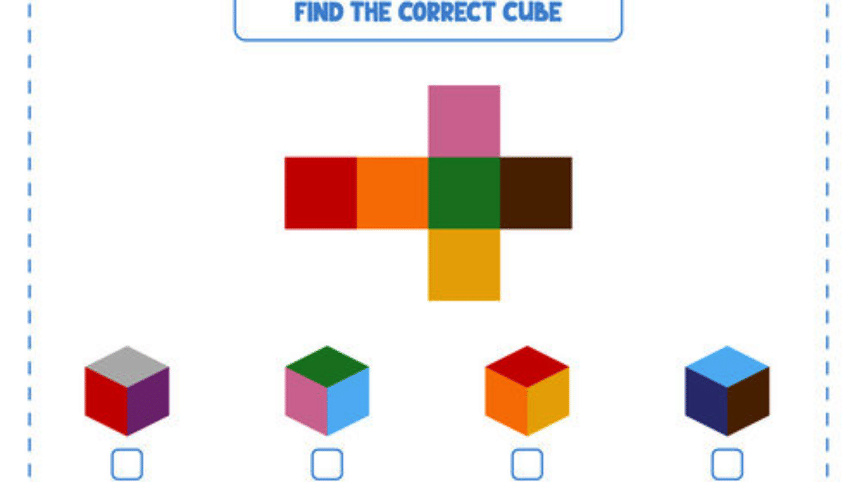Why the IQ Test Itself Is Unintelligent

Have you noticed the "free IQ tests" that pop up on your Facebook feed all the time? The Cambridge Analytica scam has proven that these can only go as far as fooling your device to steal data.
However, while growing up, we've surely heard about IQ tests and why Einstein was the world's smartest man with an IQ of 160 (a myth, by the way). With time, the finest details of this fabled intelligence measurement test are being unfolded. Albeit the mass appeal, hundreds of researchers have seriously questioned IQ tests regarding its legitimacy.
The Intelligence of IQ tests
IQ or the Intelligence Quotient test, is the most exercised and well-known tool to measure human intelligence. Its metrics have changed countless times. However, today's IQ test works on people's working memory, verbal reasoning and visual-spatial skills.
All these metrics are combined and presented in a single score – the IQ score. An IQ score of 80-120 is the average, and statistics show 68 percent of the population to be in this range. Scores outside this range are considered exceptions, for better or worse.
IQ test and its dark past
IQ tests have passed a dark, rocky trail in its long journey. It was first used in 1905 for classifying children for academic help. Since then, the test has been used and abused by many parties.
The first confirmed mass-scale IQ testing took place in the USA before World War I. The said experiments on children marked ethnic minorities as intellectually inferior, leading to their social segregation. In 1924, the state of Virginia authorised forced sterilisation of people with low IQ. Under Hitler, Germany took a step further and simply "eradicated" at least 5000 children with subpar IQ scores.
IQ tests are fundamentally defective
Even though IQ tests have run for almost a century, this method has a biased and faulty design. Firstly, intelligence is an abstract idea. The approach of categorising intelligence is a common complaint itself.
Secondly, researchers proved that the IQ test has low statistical validity since any individual will generate different results while taking the same test repeatedly. Furthermore, IQ tests tend to focus only on fluid intelligence (that is simply task-oriented) and overlook our crystallised intelligence (that we gather through life experience). For these reasons, the IQ test has been termed as incomplete, impractical, and partially invalid.
What methods to rely on?
After this unpopular discussion, you might ask, if IQ tests are flawed on so many levels, then what actually works? Scientists and psychologists have been putting in diligent efforts for decades to rectify the mistakes of IQ tests. "NeurOlympics" is as advanced as a neurologic assessment tool can get and well-received by health and performance experts.
However, IQ tests can be supplemented by an array of tests that measure the different portions of human intelligence. Such tests include Social Quotient (SQ), Emotional Quotient (EQ), and Achievement Tests.
IQ tests can "measure" only a fraction of the constantly evolving human intellect. Now you know – those who unironically tie people's intelligence solely to two or three digits wouldn't probably score very high on IQ tests.
References
1. The New York Times (July 22, 1984). Rethinking I.Q. Tests and Their Value.
2. The Conversation (October 11, 2017). The IQ test wars: why screening for intelligence is still so controversial.



 For all latest news, follow The Daily Star's Google News channel.
For all latest news, follow The Daily Star's Google News channel.
Comments